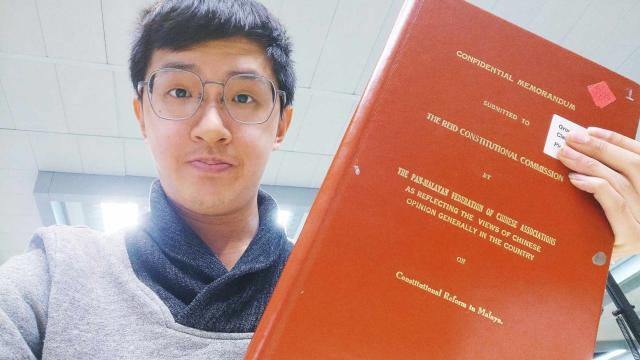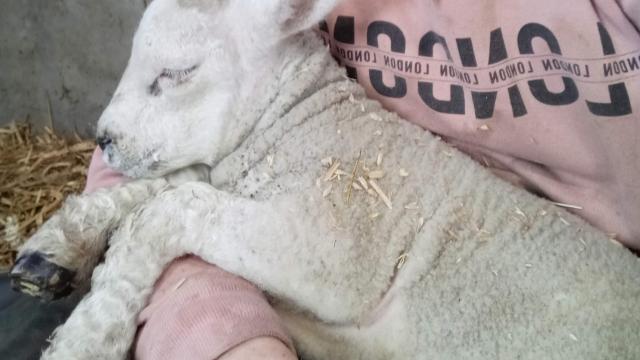
The following article was first published in this year's edition of The Wheel, the College's annual newsletter, in July 2021.
The modern Research Fellowship at St Catharine’s dates from just after the Second World War. Since then, the College has elected Senior and Junior Research Fellowships. To name just one of many examples, readers may recall the Heller Research Fellowship in computer science supported over a decade by the generosity of Fellow Commoners Sir Michael (1995, Economics) and Lady Heller (2003).
Current ordinances provide for the appointment of Junior Research Fellowships. These are open to individuals who have recently completed their PhD or who are close to completion. Successful candidates are chosen from a very large field of applicants, and elected to three year Fellowships. Typically, calls for applications alternate each year between the humanities and sciences, and the College does not interview candidates, in order to treat applications equally.
Now a Professorial Fellow of St Catharine’s and Professor of Italian at the University of Cambridge, Abigail Brundin (2000) explains how the process worked when she was awarded her Junior Research Fellowship:
“I didn’t know anyone at Catz at the time and yet the College elected me on the strength of my CV and submitted work alone, which gave me a sense that the College didn’t care if I was ‘the right kind of person’. This ‘blinded’ approach leaves no room for unconscious bias and means successful candidates represent academic excellence in all its various forms.”
The benefit to early career researchers
Professor Sir Chris Clark (1990), Ostrer Professorial Fellow in History at St Catharine’s and Regius Professor of History at the University of Cambridge, speaks highly of the security and freedom offered by Junior Research Fellowships:
“The early phases of an academic’s career are inherently fragile, and it is difficult to thrive in the midst of this insecurity. In contrast, a Junior Research Fellowship provides three years of freedom to extend your intellectual journey – from the safety of a sheltered enclave that protects you from the storm-like shifts in fashion that ordinarily disrupt academic life.”
Dr Varun Warrier (2019), one of our current Junior Research Fellows, also emphasises the importance of this freedom:
“I have been able to develop and pursue my own research ideas. Last summer, I published findings in Nature Communications that transgender and gender diverse individuals are more likely to report being autistic compared to cisgender individuals, suggesting the need for greater acceptance and support. Now, I am working to understand the genetic architecture of the brain, with the ambition of using this to discover more about the biology of mental health conditions. All this has been possible thanks to the intellectual freedom afforded by my Junior Research Fellowship.”
Despite being new to St Catharine’s when starting their Junior Research Fellowships, Sir Chris, Professor Brundin and Dr Warrier speak fondly of their early experiences. Sir Chris recalls:
“I realised how lucky I was to be surrounded by so many brilliant and supportive colleagues – in fact, too many to list. It was, and remains to this day, a warm, unpretentious community.” Dr Warrier agrees: “I have always felt welcomed and supported, which makes St Catharine’s stand out from the rest.”
During her three years, Professor Brundin not only wrote her first book, Vittoria Colonna: Sonnets for Michelangelo, but was also the first Junior Research Fellow to take maternity leave when she gave birth to her daughter Adelaide (now 18 years old). Professor Brundin explains:
“It was a game-changing moment for my academic confidence and self-belief. Before my three-year term ended, I was awarded a permanent position in the Faculty of Modern and Medieval Languages and Linguistics. Having already grown deep and lasting loyalty to Catz, I applied to remain as an Official Fellow and was overjoyed when my application was approved by the College’s Governing Body.”
The value to the College
Junior Research Fellows are not members of Governing Body and are expected, nowadays, at least, to focus on their research. Their findings are shared with both junior and senior colleagues, at seminars and other College events, which contributes to the prestige and vibrancy of the College. As Professor Brundin notes:
“Junior Research Fellowships are a key route into postgraduate work, internationally recognised and particularly vital in the humanities. Candidates apply to us from all over the world, enriching our academic community and forming lasting ties with the College.”
While many researchers choose to remain at St Catharine’s, a Junior Research Fellowship can also serve as a springboard to a senior appointment at another Cambridge College or leading university. When this happens, it raises the profile of St Catharine’s and demonstrates our broader public benefit. Sir Chris adds:
“We are so proud of the career paths that our Junior Research Fellows have taken. It is through this rich tapestry of connections that Cambridge is able to remain a major international hub in academic research.”




